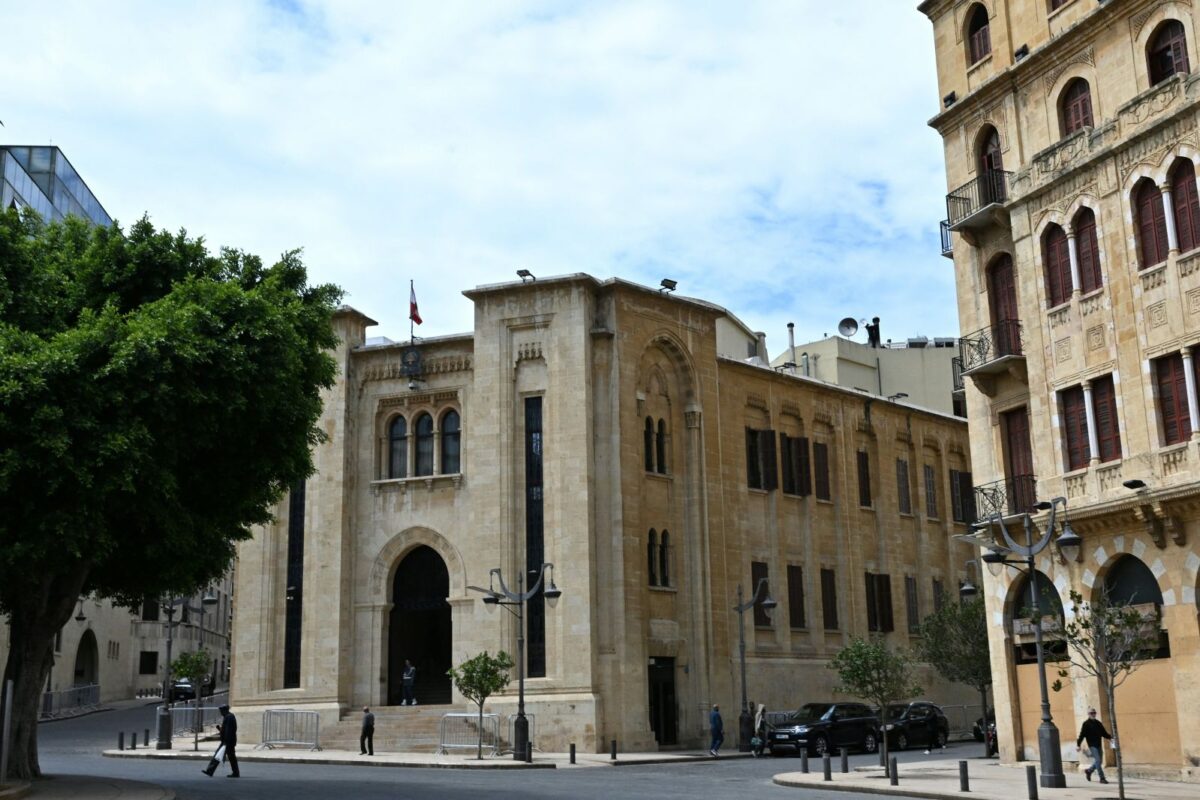
Today’s parliamentary session is more than a procedural test. It is a mirror held up to a country that has forgotten what a state is supposed to be. The question is no longer whether Parliament meets quorum, but whether Lebanon still functions according to the logic of statehood. A system where authority is bound by responsibility, power by accountability, and institutions by legitimacy.
For years, Lebanon’s politics have operated on the opposite logic. Authority has become disconnected from responsibility; institutions perform their rituals without producing public trust; and power is exercised without consequence. The political class, divided in appearance, united in survival, continues to act as if statehood were a matter of form rather than function. As if convening a session, issuing a statement, or taking a photograph were enough to substitute for governance.
The visit of MPs from major blocs to the presidency on the eve of the session is emblematic of this hollow theater. The statements that followed were filled with talk of equality, balance, and partnership; all noble concepts. But they ring hollow when the state that invokes them has systematically dismantled the very conditions that make them possible. Equality without justice is rhetoric. Partnership without accountability is complicity.
The Illusion of Function
The debate around today’s session revolves around electoral law, specifically, whether Lebanese abroad should vote for all 128 seats or for six reserved ones. It’s an important issue, yet the paralysis surrounding it reveals something larger: that the machinery of politics has become detached from national purpose. The argument is no longer about how to strengthen democracy, but how to preserve advantage.
When half of Parliament threatens to boycott, and the other half convenes to declare its own commitment to constitutionalism, what remains is a void; a state that moves, but no longer governs. Lebanon today resembles a structure that still stands but has lost its internal coherence. Quorum can be achieved; legitimacy cannot.
A Crisis Beyond Procedure
This crisis is not about this session or this law. It is about the corrosion of the principles that define a state: responsibility, transparency, and moral restraint. In Lebanon, institutions no longer mediate between citizens and power; they shield power from citizens. The presidency hosts meetings, Parliament debates laws, and courts issue summonses that go unanswered; all within a system that operates as if impunity were an accepted form of governance.
The danger is not only political; it is psychological. When a society watches authority detach itself from accountability, it begins to internalize that disorder as normal. Citizens lose the expectation that justice is possible. Law becomes language rather than practice. And when that happens, the idea of the state itself begins to erode.
Quorum or Conscience
Today’s session may or may not take place. The outcome matters less than what it symbolizes. If quorum is reached, it will be under the shadow of public disbelief. If it fails, it will confirm what everyone already knows: that representation has collapsed into ritual.
What Lebanon needs today is not another session but a reckoning. A return to the first principles of statehood. A government exists to serve, not to survive; power is a responsibility, not an entitlement. Until those truths are restored, every meeting, decree, or law will be an act of simulation, a state imitating itself.
Lebanon’s tragedy is not that it lacks institutions, but that its institutions no longer carry meaning. When authority is divorced from accountability, when form replaces function, and when moral exhaustion replaces political will, the republic ceases to exist as a living idea.
Today’s session will unfold as scheduled or it won’t, but either way, the verdict is already written: the state has lost its logic, and no quorum can restore it.
Ramzi Abou Ismail is a Political Psychologist and Senior Research Fellow at the Institute for Social Justice and Conflict Resolution at the Lebanese American University.
The views in this story reflect those of the author alone and do not necessarily reflect the beliefs of NOW








